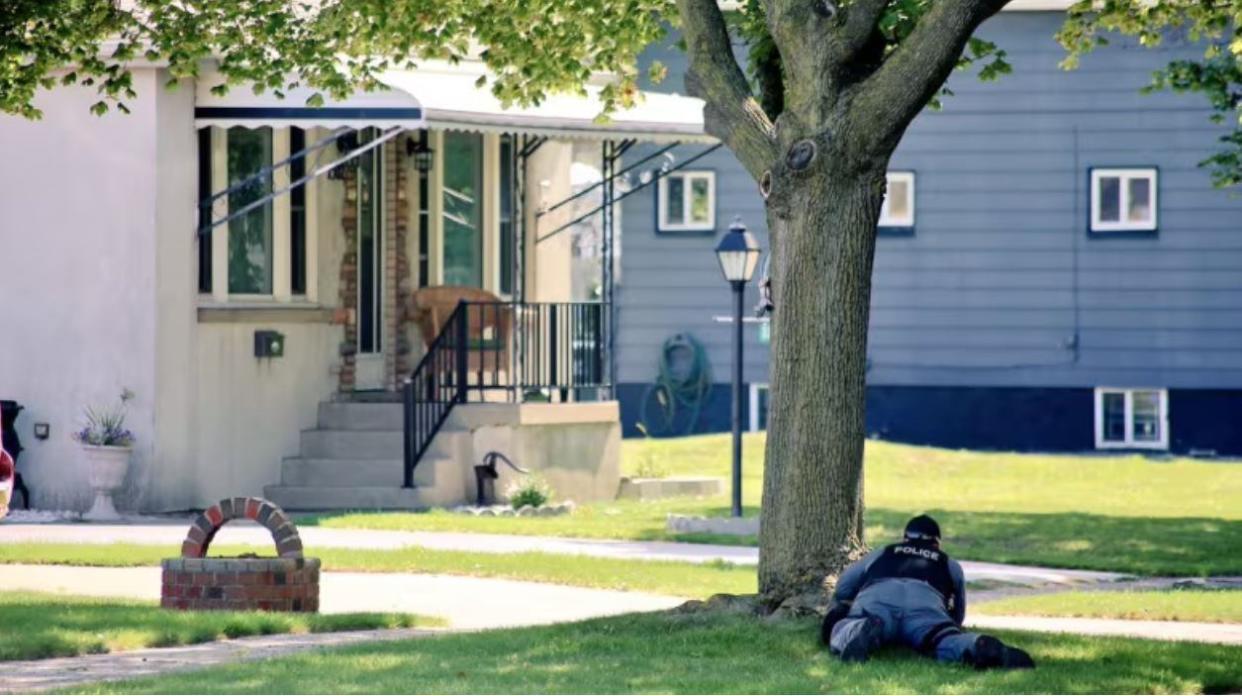New procedures in place to deal with people in crisis since death of Chad Romanick, inquest hears

WARNING: This story discusses suicide.
An inquest into the death of a man who shot and killed himself during a police standoff has nearly concluded.
On Wednesday, a jury heard there are some new procedures at Windsor Regional Hospital and Windsor Police since the 2017 death of Chad Romanick, 34.
Police brought Romanick into an emergency room at Windsor Regional Hospital suffering from a crisis just days before his death on Sept. 15, 2017.
The standoff happened at his Windsor home and Romanick was found dead in a garage. In 2018, the SIU found there were no reasonable grounds to lay charges against officers.
The inquest, which is mandatory under the Coroner's Act, began on March 25. Its purpose is to look at the circumstances surrounding how Romanick died. A jury will have a chance to make recommendations intended to prevent other deaths.
A vice president with the hospital testified there are new procedures now to get a person having a mental crisis psychotherapy faster.
"We have a partnership with a few different agencies which help us with this sort of pathway and assessment of patients. One key one is with the Windsor Community Health Centre," said Jonathan Foster, vice-president of emergency, trauma and mental health.
But Foster added more needs to be done to simplify the way people access addiction services.
Last May, a pilot project began that teams police officers with nurses out in the community.
A police inspector testified Wednesday they would have been involved with during Romanick's crisis on Sept. 12, had they been in place back then. A crisis response team would have also attended.
Inspector Jennifer Crosby said that police need access to services for people in crisis in off-hours, weekends and holidays.
"We would like real-time access to services," said Crosby."We're out there working weekends, holidays and the middle of the night and often other agencies are closed. They are not open or accessible for us or the person in crisis when they need it in real time."
Testimony in the inquest has now wrapped up. On Thursday, lawyers will give closing submissions and deliver a slate of recommendations they want the jury to consider.
If you or someone you know is struggling, here's where to get help:


